Categories >> Treatments >> Physical Exercise
Physical Exercise covers a wide variety of physical activities, from walking to strength training to stretching or anything that involves moving our physical bodies to improve our wellness. Physical exercise has many benefits, including: [1, 2, 3, 4, 5, 6, 7]
Physical health
Exercise improves cardiovascular health, lung health, and muscle strength. It can also help prevent and treat diseases. [1, 3, 4, 8]
Mental health
Exercise can improve mood, reduce stress, and help with depression. It can also help with sleep patterns and body image. [2, 4, 6]
Brain health
Exercise can help with memory, cognitive function, and brain cell growth. It can also help protect against neurodegenerative diseases like Alzheimer’s and Parkinson’s. [5, 7]
Energy levels
Exercise can increase energy levels by improving the heart’s efficiency and delivering more oxygen to muscles. [1, 3]
Social health
Exercise can be fun and social, and it can help improve self-esteem and confidence. [1, 4]
Sex life
Exercise can improve sex life. [4]
How exercise works [7]
• Exercise improves blood flow to the brain, which can help with brain cell growth and repair. [7]
• Exercise can change the levels of chemicals in the brain, such as serotonin, endorphins, and stress hormones. [2]
• Exercise can increase the biosynthesis of neurochemicals that may act as euphoriants. [6]
[1] https://www.sciencedirect.com/topics/social-sciences/physical-exercise
[2] https://www.betterhealth.vic.gov.au/health/healthyliving/physical-activity-its-important
[3] https://www.healthline.com/nutrition/10-benefits-of-exercise
[4] https://www.mayoclinic.org/healthy-lifestyle/fitness/in-depth/exercise/art-20048389
[5] https://www.medicalnewstoday.com/articles/153390
[6] https://humanbiology.pressbooks.tru.ca/chapter/14-5-physical-exercise/
[7] https://time.com/4474874/exercise-fitness-workouts/
[8] https://health.mit.edu/sites/default/files/Physical_Fitness_101.pdf

